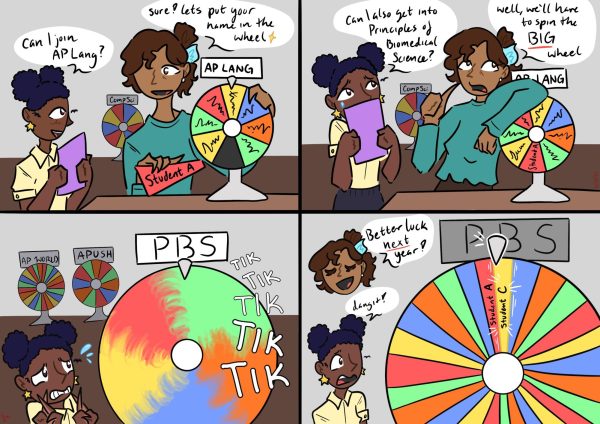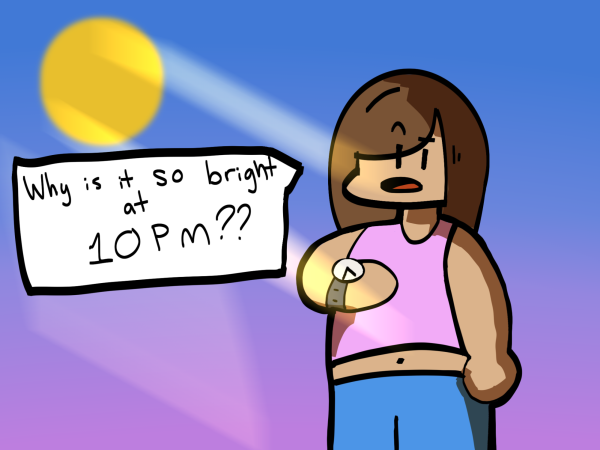Syrians in need of rational solutions
A three year old boy named Aylan Kurdi was discovered washed up on a Turkish beach on Sept. 3 after he and his entire family drowned in the Mediterranean Sea on their journey to the Greek island of Kos.
The picture of the toddler circulated worldwide and begot a feeling of sympathy for the Syrian refugees.
For the past four years, Syria has been engulfed in civil war that has killed an estimated 220,000 people and displaced an incredible 4 million, according to a UN report. Aylan is not the only one to meet such a demise.
The Mediterranean has been called “the world’s deadliest border” as thousands have died trying to cross it. The picture of Aylan lying motionless in the sand became a call for action, and many countries all over the world have heeded that call.
But they have done so in the rash and emotion-driven way to which the politically far-left is accustomed.
A few weeks after Aylan’s death, U.S. Secretary of State John Kerry announced that America will accept 100,000 Syrian refugees by 2017. While this crisis has been going on for the past four years, the U.S. only began to take real action once this picture surfaced.
In a sense, no one cared until it became popular or politically advantageous to do so.
No rational human being would deny the fact that the refugee crisis is a problem and that we have a humanitarian duty to offer asylum to a people in need.
According to the United Nations’ 1951 Refugee Convention, all nations must offer asylum to “[anyone] who is unable or unwilling to return to their country of origin owing to a well-founded fear of being persecuted.” This applies to all nations who must do their part in ending the crisis.
So this begs the question: Why have the rich Arab gulf states, far closer to Syria than Germany and Sweden (which have taken in 175,000 refugees), taken in a combined total of zero refugees?
If we are to alleviate their suffering, it must be a global effort.
The European economy is in shambles. On average, the unemployment rate in Europe is about 10 percent, but it can be as high as 25 percent in countries such as Greece, which has accepted thousands of migrants.
From an economic standpoint, it would not seem wise to open the floodgates and allow so many people into Europe while not encouraging other countries to pull their weight.
But from a political standpoint, it is quite clever.
The migrants have little interest in staying in countries with few social welfare programs.
We have all seen scenes of Syrian refugees rushing into trains to get to Germany from Hungary. Through the scope of the liberal media, this begets a feeling of grief and outrage.
But we fail to realize that once they are in Europe, they are safe. They are no longer refugees when they cross the border from Turkey to any other European country. They are migrants.
Of the 430,000 migrants from Syria, 110,000 have immigrated to Germany and 65,000 have immigrated to Sweden, according to the UN Refugee Agency. It’s no coincidence that Germany and Sweden are two of Europe’s largest welfare states.
By allowing the influx of immigrants, the dominant political parties have secured new supporters that will in turn vote for larger government and more benefits.
One commonly omitted fact about young Aylan is that he and his family were not escaping from Syria. They were migrating from Turkey to Greece. The martyr that prompted a call to action by many nations worldwide to save the Syrian refugees was not a refugee at all.
There is no doubt that we have a duty as people to provide for others in need, but it must be so for all of us.
The picture of the little boy lying lifeless in the sand is no doubt one to call a worldwide response. But we must be smart about it and handle it on the basis of rationality, not emotion. We must think about what is best for all of us, not for some of us.
In this way we will help the Syrians and help ourselves. If this is an effort for the good of humanity, let’s focus on the whole of humanity.

